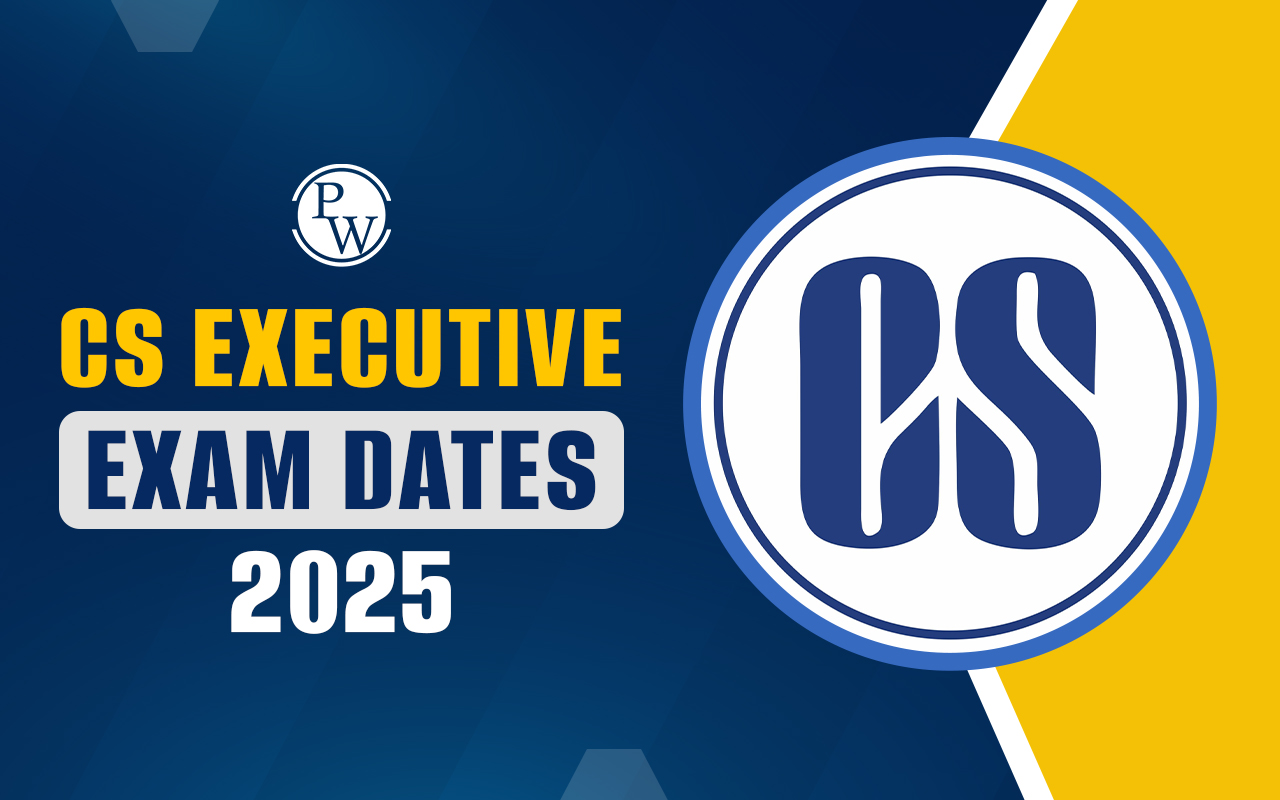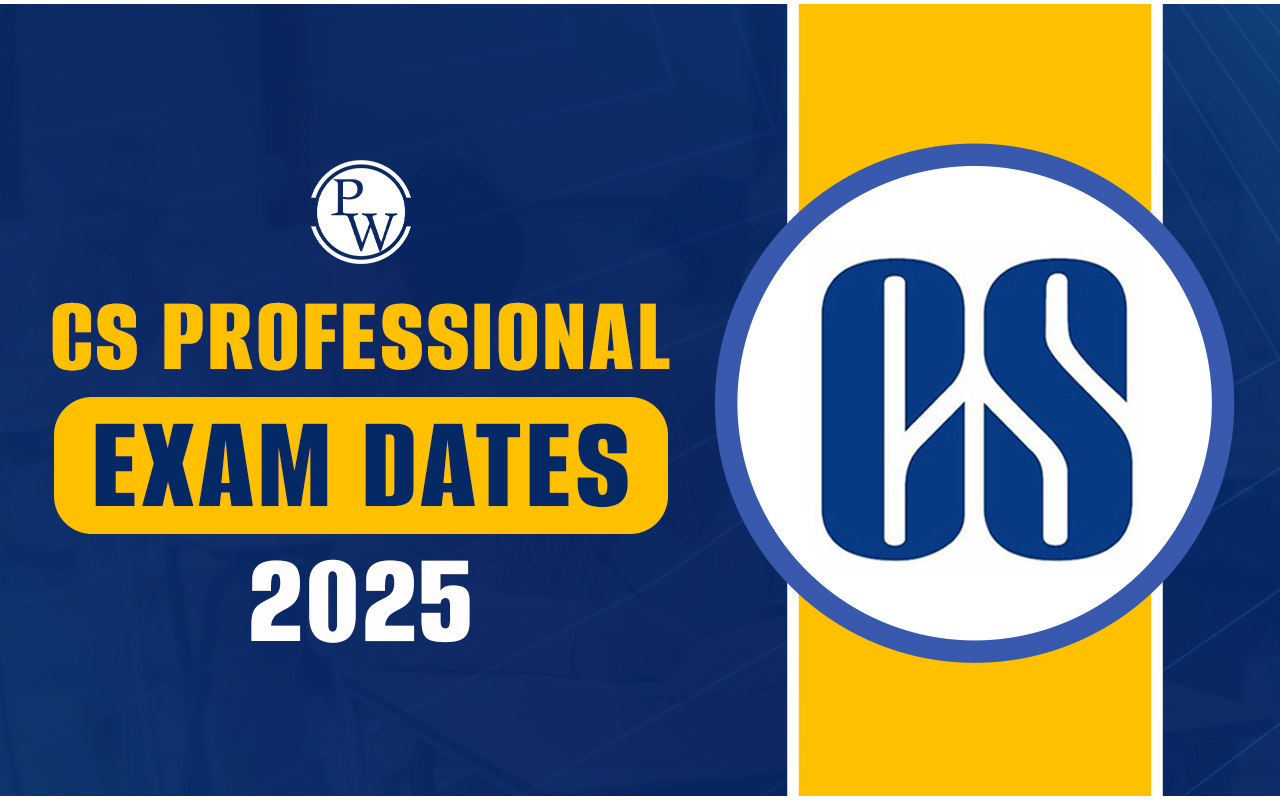
How to Prepare JIGL: The subjects of Jurisprudence, Interpretation, and General Laws hold significant importance in the CS Executive exam. It is the first topic covered in CS Executive Module 1. As far as we are aware, the second phase of the Company Secretary professional program is CS Executive . The executive stage's main goal is to instil the abilities and competency of students who have completed the executive program. The goal of including this crucial subject in the curriculum is to equip students with the knowledge and skills necessary to comprehend laws and legal regulations.
How to Prepare JIGL for CS Executive Exams
You can find the most accurate and up-to-date information on the latest CS syllabus and exam pattern by visiting the official website of the Institute of Company Secretaries of India (ICSI) or other reliable sources.An outline of the JIGL subject
Three parts comprise the subject:- Jurisprudence
- Interpretation
- and General Laws
How to Prepare JIGL Syllabus
Before creating the study plan, we should be aware of the subject's contents. The format of the study lessons for this subject is as follows:Module-1 Paper-1 Jurisprudence, Interpretation and General Laws
1. Sources of Law 2. Constitution of India 3. Interpretation of Statutes 4. General Clauses Act, 1897 5. Administrative Law 6. Law of Torts 7. Limitation Act, 1963 8. Civil Procedure Code, 1908 9. Indian Penal Code, 1860 10. Criminal Procedure Code, 1973 11. Indian Evidence Act, 1872 12. Special Courts, Tribunals under Companies Act & Other Legislations 13 Arbitration and Conciliation Act, 1996 14. Indian Stamp Act, 1899 15. Registration Act, 1908: Registration of Documents 16. Right to Information Act, 2005 17. Information Technology Act, 2000The purpose of JIGL Subject in the CS Executive course
To impart comprehension and practical knowledge of the Constitution, legislative framework, sources of law, and the interpretation of general laws and statutes. Providing students with an overview of legal reasoning, legal systems, and legal institutions is the primary goal of introducing this subject. Additionally, this subject provides a thorough understanding of the legal regulations and their function within the system. The main topics of this subject are social values and the law. It facilitates the student's comprehension of the legal theories and legal subdivisions related to the course material. It is common knowledge that when legal provisions are unclear, interpretation requirements must be met. This area of study is brought into play whenever a law's stated provisions are implied to have a meaning that is contrary to the intent of the statute or that is in conflict with it. Moving on to the next section of this topic, General Laws, kindly take note that this provides a basic understanding of the legal nuances associated with the Company Secretary role . This section covers many different areas, such as constitutional law, which is a basic law that students need to understand the entire topic. The Right to Information Act of 2005, the Civil and Criminal Procedure Code, and numerous other laws are also mentioned here. The primary goal of this subject is to provide students with the ability to comprehend and gain practical knowledge of Jurisprudence, Interpretation, and General Laws, as stated by the Institute of Company Secretaries of India. Following a study of this, the student will be qualified to examine the connections between legal theory and practice, as well as the underlying principles of legal postulates and propositions.How to Create the JIGL Preparation Strategy
Understanding the subject's requirements: Students should, first and foremost, fully understand the subject's and paper's requirements. Three parts compose the subject: general laws, interpretation, and jurisprudence. The primary goal of the paper is to provide a general understanding of laws and their interpretation.
Dynamic subject: Students must keep in mind that this subject involves many dynamic components and is not static like accounting or costing.
Quoting recent case laws: The student must include pertinent and significant examples from recent events that are taking place in and around the business world when attempting the exam.
Indian Constitution: The student must be familiar with the provisions of the Indian Constitution since the Constitution Act is a significant chapter in this course.
Writing Practice: Because this paper is descriptive, a great deal of writing practice is necessary to attempt and pass it.
Periodicity of writing: Success is always largely dependent on regular practice.
As a result, every student must always remember that answering questions regularly is essential for preparation. Most students put off writing assignments until the very end of the syllabus, which frequently results in chaos. Are you in search of affordable CS Classes ? Well, You have reached the Right Page. Buy our courses to fulfill your dream of becoming a CS.How to Prepare JIGL FAQs
Is articleship required for CS?
In what way should one begin preparing for a CS Executive role?
Where can I learn about How to prepare JIGL for CS Exam 2024?
To what extent does the JIGL preparation strategy for CS Exam 2024 would help?
How can I strengthen my areas of weakness in preparation for the CS Exam?










